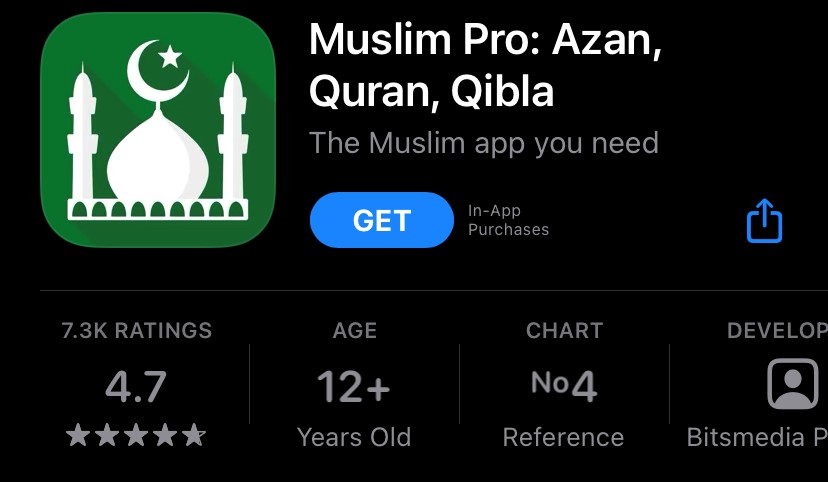In 2013, Alshabab militants stormed a mall in the Kenyan capital, Nairobi, and killed 67 people. The attackers threw grenades and fired indiscriminately at shoppers at Westgate mall.
Security forces killed five fighters in a siege that lasted four days. The attack brought fear across the east African nation. And Kenya’s 5.4 million Muslims came under the spotlight.
Reports of Islamophobia started emerging and Kenyans of Somali origin were the most targeted. Fatma Adam, an author, and poet became a victim of an anti-Muslim campaign. Her first book was rejected by a leading Kenyan publisher because she didn’t look ‘Kenyan’.
Not Kenyan enough
Fatma was she was born in Wajir County, in the northeastern part of Kenya and has known no other home other than Kenya.
“I felt discriminated against and I told him I was an African and Kenyan. He told me that I was Somali first, then Muslim and a woman. However, being Kenyan-born Somali from the North East, such attitudes towards us are familiar,” explained Fatma.
Fatma narrated how the editor of the publishing house went on question why she writes her work in English,
“He told me that I am not African or Kenyan and gave me the perception that I should not even be writing in English since I was Somali. I told him I write in English and if he had a problem with it he should blame the education system. He did not want to portray me as an educated intellectual who could speak and write in English,” Fatma said.
Indiscrimination so clear
The International Relations graduate from the United States International University in Nairobi said the indiscrimination of Kenyans of Somali descent has been very glaring since independence.
Fatma who began her writing career at the university drawing her inspiration from gender activism noted that there’s a strong belief by some quarters that Kenyan-born Somalis are foreigners.
She said this misperception has led to the marginalization of the Somali Muslim community in the north where poverty is rife due to years of neglect.
“Discrimination towards us as Kenyan Somalis happens at every level, for example, last year we were searching for a house and the owner said if he knew we were Somali he would not have wasted his time. He said would not rent a house to that group of people,” she said.
Fighting Islamophobia through poetry
In 2010, Fatma penned a poem entitled ‘Islamist Media’ highlighting harms of Islamophobia in media. Her motivation was driven by the unfair portrayal of terror suspects as Islamist terrorists. However, her real inspiration was a question she posed to a CNN reporter to define the word Islamist at the Nation Media Conference in 2010.
“I asked a CNN reporter at a discussion table to define the word Islamist and also acknowledge the effect it had on 1.6 billion followers of Islam. He froze and said he didn’t know. I received a standing ovation from the crowd,” she said.
She has recited the poem at different places and shared it online. Fatma says the overwhelming response has been a result of the message contained in the poem.
Fatma is currently working for an online magazine for Muslim women and says she will not tire until she finds the right publisher not prejudiced by her ethnicity or religion.
“I have lost hope in Kenyan publishers, and will look for other publishing houses elsewhere in Africa or abroad,” she said.




